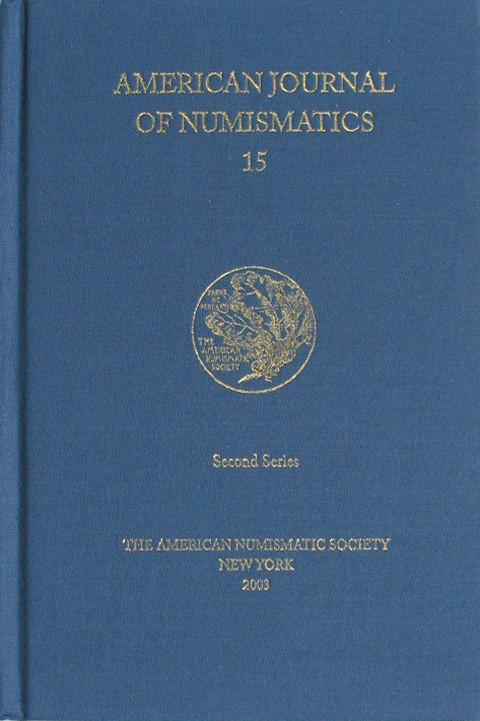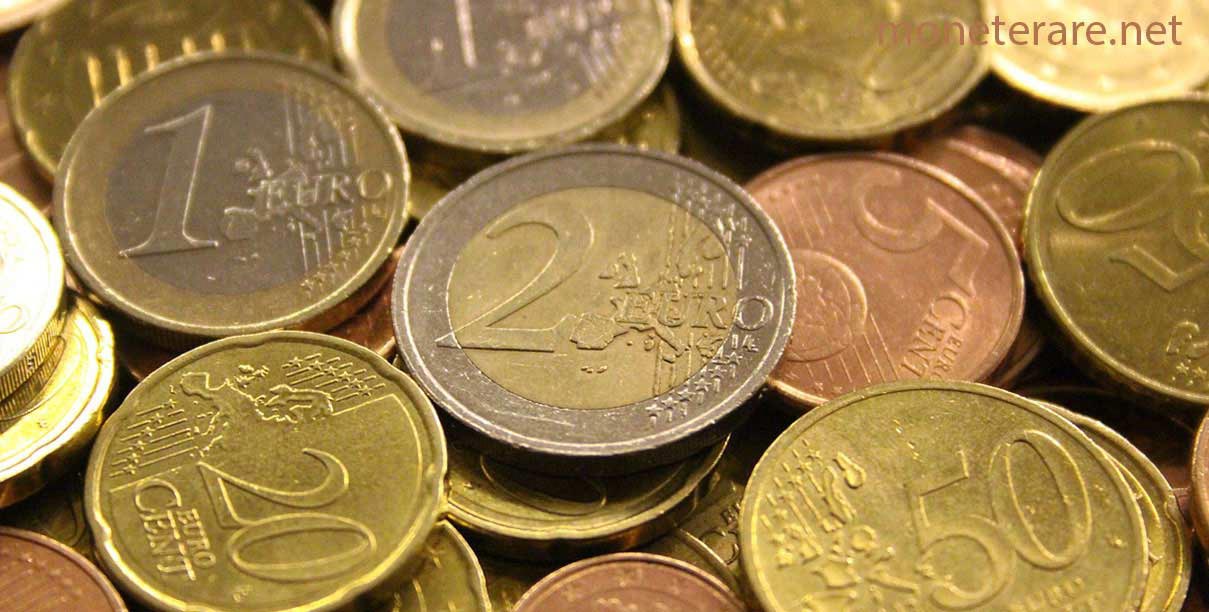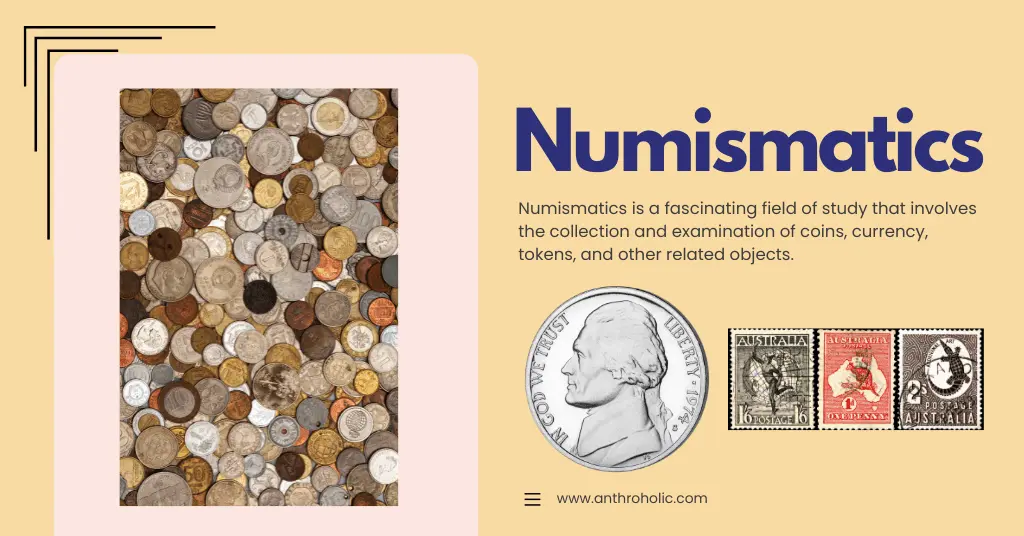Free Suggestions To Choosing Quarter And Banknote Errors
Free Suggestions To Choosing Quarter And Banknote Errors
Blog Article
How Do I Search For International And Regional Associations In Numismatics?
Here's a systematic approach to conducting such research:Database Selection: Select databases that specialize in numismatic organizations, such as websites of major organizations, like the American Numismatic Association (ANA) and the International Numismatic Council (INC) or regional associations like the Australian Numismatic Association. A structured approach is provided to assist you in conducting this type of research. JSTOR is a repository for academic articles, conference proceedings and databases.
Define Research Focus: Specify your research objectives. Are you interested to know more about the global numismatic association's activities, history regional cooperations conference and publications? Or are you looking for specific numismatic topic that is discussed in the association? Clarify your focus to aid your search.
Search Strategy: Utilize keywords like "numismatic associations," "global numismatics,"" "regional numismatic societies," and include specific association names or geographical regions where applicable. You can use advanced search features to filter results according to date, document type (such as newsletters or conference papers), and geographical scope.
Data Collection: Get details on the purpose, history, membership, activities, and publications of regional and international Numismatic Associations. Learn about the current and upcoming workshops, conferences, and collaboration research projects. Search databases for information about association leaders, members and contact information.
Analyze the data to determine the impact and function of global and regional organizations in the field of numismatics. Examine how these organizations help to advance numismatic knowledge, foster international collaborations, and spread research through publications and conferences.
Cross-Referencing: Verify the accuracy of your findings by cross-referencing data from various databases and sources. Compare the initiatives and activities carried out by various associations in order to get the complete overview of the numismatic trends on a global and regional level.
Documentation: Record your findings thoroughly, citing sources and noting methodologies used. Notate the database names, search terms and relevance of each resource to the research question.
Numismatic organizations are always changing. New publications, conferences, and collaborative projects are regularly launched. Keep up-to-date by checking updates on the websites of association Newsletters, newsletters and scholarly databases for the latest developments in global and regional numismatics.
Utilize these tips to use databases efficiently to research the world of numismatics as well as regional and global associations. This approach allows you to examine the structure of organizations and scholarly activity as well as collaboration efforts that influence the field of numismatics at the global as well as the regional level. Follow the recommended currency hints for website advice including banknote value, coin value, numismatic value, coin auction, quarter, banknote album, banknote artist, coin identification, platinum, legal tender and more.
How Do I Use Numismatics To Search For Exhibitions And Show Events In An Online Database?
The research involves utilizing databases to preserve information on exhibitions, shows and conferences related to the field of numismatics. A structured approach is provided to aid you in your study. For instance, websites belonging to a major numismatic society like the American Numismatic Association(ANA) websites, online platforms that provide information on the activities of numismatic museums around the world, or exhibition archives.
Define Research Focus: Specify your research objectives. Do you have a desire to exploring the upcoming and previous numismatic shows or conferences focusing on numismatics? Or regional coin shows, thematic exhibitions, or educational events? Determine what you're looking for to narrow your search.
Search Strategy: Use keywords such as "numismatic shows," "coin exhibitions," and "numismatic events" to locate appropriate results. Include event names, location or topics if you wish. It is possible to use advanced search options to filter results by event type, such as exhibitions and conferences, or by geographic area.
Data collection: Find out regarding upcoming and past exhibitions and numismatic events. Gather information about the dates of events, places, the organizers, any special collections or themes that will be featured and the exhibitor participation and publications. Explore databases that offer virtual tours and digital access to exhibition documents.
Analyse the data in order to identify the educational objectives as well as the themes and patterns of numismatic events and exhibitions. Examine how different shows and exhibitions contribute to public awareness of numismatics, encourage exchange of knowledge and highlight important collections.
Cross-Referencing. Check that your information is accurate by comparing it with other databases, listing of events, and official sites. This will ensure accuracy and completeness in your research, providing complete information on numismatic exhibition activities globally.
Documentation: Documentation is essential. Cite sources and note the methods you've employed. Notify the database's name or search terms, as well as the relevance of each source to your research.
Stay updated: Numismatics is an ever-changing field featuring numerous conferences, exhibitions and events. Keep up-to-date by following updates from numismatic societies, event organizers, as well as specialized databases for the most current information about upcoming events.
Follow these steps to effectively investigate numismatics in relation to exhibits and shows. This approach allows a detailed examination of the diversity of educational value, as well as the scholarly contribution of numismatic exhibits and events all over the world. Take a look at the top rated coin auction examples for blog info including coin authenticity, banknote appraisal, engraving, coin errors, coin planchet, coin marketplace, coin certification, banknote news, authenticity, coin news and more.
How Do I Utilize Databases To Study Numismatics With Regards To Auction Houses?
Researching numismatics with regards to auction houses is done by using databases that are focused on auction records and historical sales data as well as the knowledge of auction specialists. A structured method is presented to assist you in conducting this type of study. Examples of online auction platforms include Heritage Auctions (Stack's Bowers Galleries) websites for auction houses and numismatic databases that store auction results.
Define Research Focus: Specify your research objectives. Are you interested in learning about the value of certain coins, trends in numismatic collection or the influence that auction houses have on the market or are you curious about the importance that auctions hold in numismatic scholarly research? Set out your objectives to help guide your research.
Search Strategy: Use words such as "numismatic auctions," "auction catalogues for houses," "coin auction results," and include specific auction house names or geographical regions where relevant. Search results can be filtered by categories such as auction dates, dates, coins types, and auction houses.
Data collection: Access the auction house catalogues and sale records. Obtain information on auction dates along with lot descriptions, as well as coins. Also, collect information about provenance, price, and more. Search databases that provide archives of auction catalogs and the results to provide a more thorough analysis.
Analyze and interpret the data to get a better understanding of the dynamic of the market. Examine the value of rare coins, the patterns of auction activity and the effect that auction house expertise has on the valuation and attribution numismatic pieces.
Cross-Referencing - Check your findings with information from auction house databases, publications on numismatics, as well as auction archives. This will provide a comprehensive overview of the contribution that auction houses have made to numismatics.
Documentation. Document your findings, noting the sources utilized, as well as the methodology you used. Take note of the information in the databases you used, the search terms employed, and the relevance each resource has to your research question.
Stay up-to-date: Numismatic auctions are constantly changing, and new records are continually broken. It is possible to stay current by reading updates from auction houses numismatic societies, and auction databases.
These steps will enable you to explore numismatics and auction houses. This approach permits a thorough examination of market dynamics, historical sales records, as well as the expertise and experience of auction professionals who define the numismatic collection landscape. Read the top krona url for blog recommendations including czech coins, coin club, coin marketplace, coin design, coin holder, banknote marketplace, coin catalog, uncirculated, platinum, banknote history and more.
How Can I Find Out More About Numismatics In Connection With Conservation And Preservation Experts Using Databases For Numismatics?
To conduct such research, here's a structured procedure: To conduct a study follow these steps: Database Selection: Select databases that specialize on preservation and conservation of artifacts from the past including the numismatics. You can find examples on the websites of conservation organizations (such International Institute for Conservation of Historic and Artistic Works), in conservation departments of museums and in publications that are specialized.
Define Research Focus: Specify your research objectives. Are you interested to understand conservation techniques applied on numismatic items or study of restorations of coins or medals. Preventive conservation measures or ethical considerations for the preservation of numismatics? Find out the purpose of your research.
Keywords to use: Search for keywords that describe conservation techniques (such as cleaning and stabilization) or periods in the past. Use advanced search options for sorting results according to date or conservation topic.
Data Collection: Get details on conservation practices and preservation methods that are applied to numismatic artifacts. Find information on cases studies, essays about conservation methods conservation experts' talks and guidelines on how to manage and store numismatic collection.
Analyze: Analyze and understand the data in order to better understand the methods that are used, the challenges, new ideas, and innovations in conservation. Evaluate conservation treatments and their effect on the conservation of artifacts. Make use of scientific analysis when making conservation-related decisions.
Cross-Referencing: Verify the accuracy of your study by comparing data from various databases, conservation organization websites, museums conservation departments and scholarly papers. This lets you complete a thorough and accurate study on the subject of the conservation of numismatics.
Documentation: Document your results consistently by citing sources and listing the methods you employed. Notate the database names as well as the search terms and relevancy of each source to your study.
Stay up-to-date: As research and technology advances conservation methods and standards are evolving. Keep up-to-date by following updates from conservation organizations, museum conservation departments, and specialized publications on numismatic conservation to stay up-to-date on the latest developments in the field of numismatic conservation.
Databases can be used to find out more about numismatics by conservation and preservation specialists by following these simple steps. This approach allows a detailed analysis of the techniques and ethics used by conservation experts to preserve the numismatic items. It gives insight into the issues they face and the advancements that have been made to protect the cultural heritage using numismatic conservation techniques. View the best banknote identification for more advice including rare coins, banknote club, quarter, obsolete currency, coin club, rupee, proof coins, banknote rarity, coin errors, ringgit and more.
How Do I Use A Database To Research Numismatics Regarding Industry Consultants?
For numismatics research it is crucial to utilize databases that contain details on reports from industry as well as individual consultants as well as numismatic societies. The following is a step-by-step guide to conducting this research:Database selection: Select databases that specialize in publications, reports and industry reports and consulting companies. Websites of business directories, sites of firms that consult, publications from the numismatic societies and databases specifically designed for the industry are examples.
Define Research Focus: Specify your research objectives. Are you interested to learn about the services of consulting available to companies that deal in numismatics? Do you wish to learn more about the market analysis for numismatics? What's the specialties of industry consultants and what are the trends they spot? Let us assist you.
Search strategy: Use keywords, for example "numismatic firms", "numismatic firms", and "market reports on coins." If relevant Include areas of expertise or geographical regions. You can use advanced search to narrow the results down by specialties of consultants or consulting services.
Data Collection: Access to information on consulting companies who specialize in numismatics. Also, industry consultants that provide services to the businesses dealing with numismatics. Find out more about profiles of consultants and specializations (market analyses, collection management, and authentication), client testimonials and reports written by the firm.
Analysis: Analyze the data to understand the roles and contributions of consultants from industry in the field of numismatics. Evaluate consultants' expertise and techniques in offering advice on investments in numismatics and the market's developments. Also, analyze their collection management strategies and regulatory compliance.
Cross-Referencing Validate results by cross-referencing information from various directories of consulting firms, databases and publications on numismatics, as well as industry reports. This will ensure accuracy and completeness when conducting your research. It also provides a comprehensive view of the consulting industry in numismatics.
Documentation: Document your findings in a systematic manner including citations to sources and a note of methodologies used. Keep track of the specifics of the databases you visited and the search terms you searched with, and the way each one of them relates to your research question.
Keep informed: As economic conditions change and regulations requirements are revised as are the market and consulting services in numismatics. Updates from consulting firm websites, reports from the industry, numismatic society journals, as well as other publications keep you updated on the latest trends in the market and insights.
If you follow these steps, you will be able to effectively use databases to explore numismatics in relation to industry consultants. This approach allows for an in-depth investigation of the consulting services, market analyses, and strategic analysis that consultants provide to the numismatics industry. These insights provide valuable perspectives on the business of numismatics, investment strategy, and market dynamic. See the recommended banknote album tips for website advice including banknote appraisal, proof, rupee, coin club, proof coins, banknote artist, denomination, coin issue, banknote album, coin album and more.